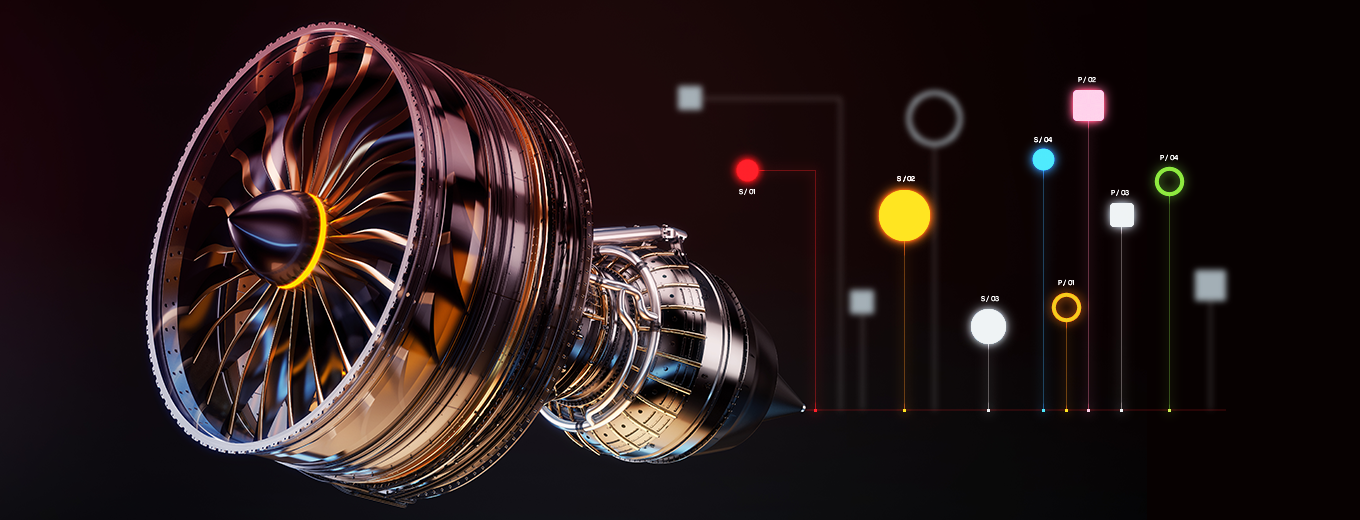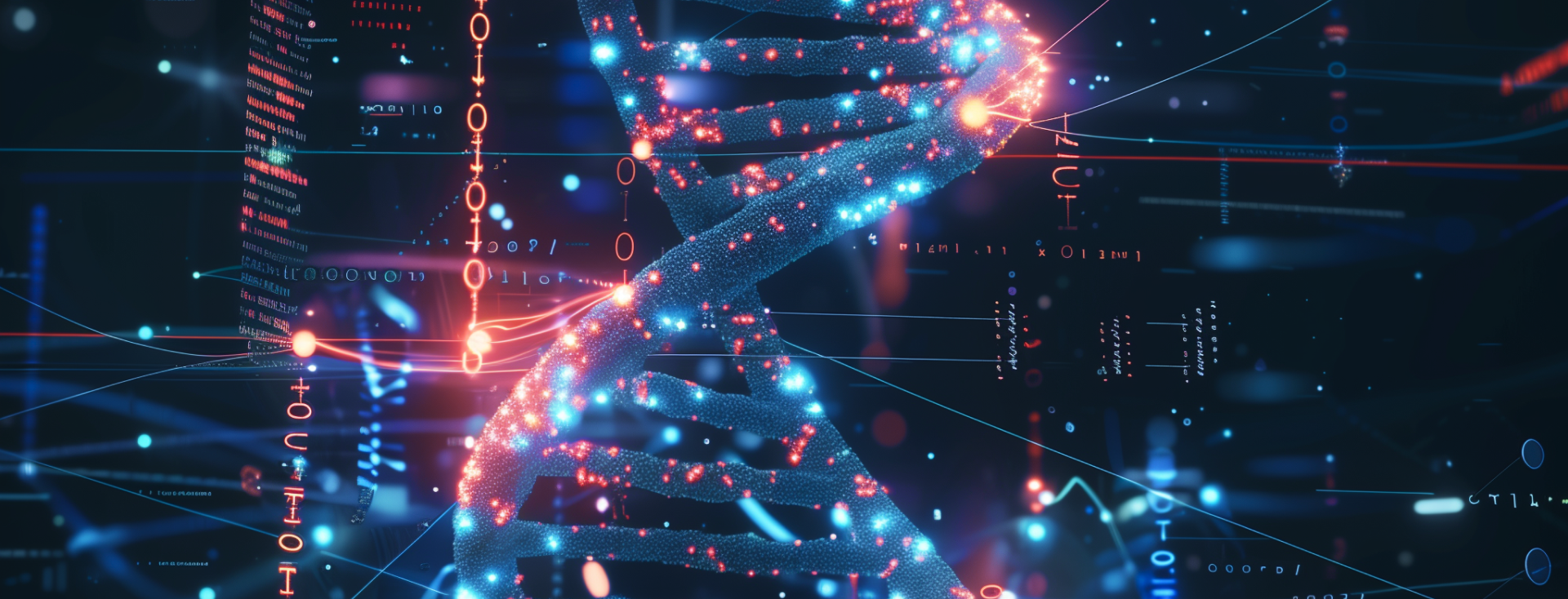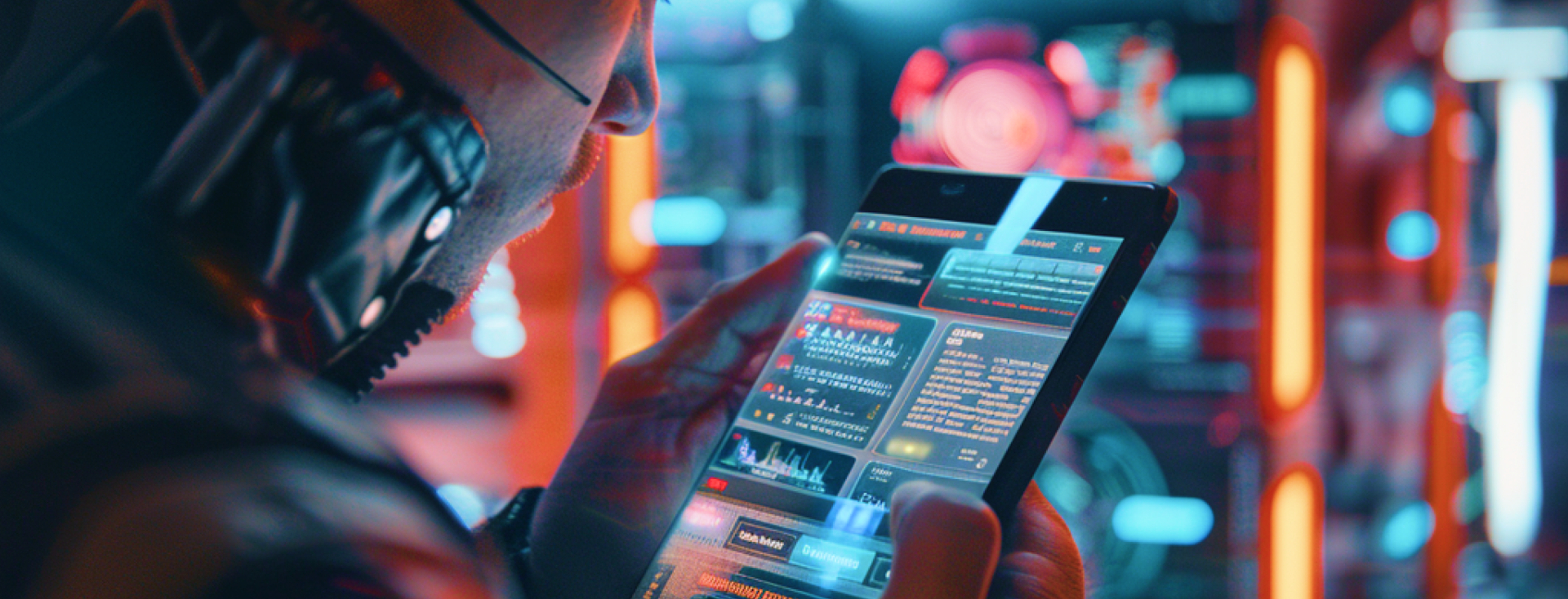In this issue of #InfocusAI we will talk about the growing trust in artificial intelligence around the world and its ability to attract investments. We will also tell you about yet another MIT breakthrough in autonomous technologies and OpenAI’s plans to launch a marketplace for ML models.
AI-focused digest – News from the AI world
Issue 20, June 8-22, 2023
Consumers trust generative AI and are not yet too worried about the risks
Global study from Capgemini among 10 thousand respondents in 13 countries showed that users of generative AI apps are well aware of the trends and capabilities of the technology, but their knowledge of the risks involved leaves much to be desired. The level of trust in artificial intelligence is so high that 73% of respondents believe the content created with the use of generative AI applications, and more than a half are ready to trust AI with financial planning, 67% with medical diagnoses and 63% with drug discovery. 66% of surveyed don’t even mind receiving relationship and career advice from artificial intelligence. The risks from generative models don’t concern users that much. Only a half of them are worried about the creation of fake news, and around a third about phishing attacks, copyright issues and fair competition risks.
GPT-4 beats humans in competition for investment
Continuing the theme of faith and trust. Clarify Capital conducted a curious experiment showing that AI is better than humans in convincing business owners to invest in start-ups. The authors of the experiment used the well-known GPT-4 model to create a set of pitch decks (small presentations designed to tell investors about a start-up’s business plan and convince them of its prospects) and gave them to real investors for evaluation, along with successful pitch decks made by humans. The results are as follows: investors found pitch decks from GPT-4 to be more convincing and were three times more willing to invest after reading them than after reviewing presentations created by humans. Moreover, one in five were willing to invest $10,000 or more under the influence of the GPT-4 pitch decks. The experiments results with the infographic are published here.
MIT takes another step closer to safe autonomous transportation
Researchers from the Massachusetts Institute of Technology discovered a new approach to training ML models that will allow autonomous vehicles (cars and planes) to perform difficult piloting scenarios known as “stabilize-avoid”. In other words, by using their proposed method, the autopilot can be trained to avoid obstacles while remaining within a given area of motion. For example, a plane can autonomously fly through a canyon staying as close to the ground as possible, just like in the film “Top Gun: Maverick’, but without a pilot. It’s not as easy as it seems. Researchers suggested breaking down the “stabilize-avoid” problem into two stages. First, they reframed the problem as a constrained optimization problem and came up with a setup that allowed an agent to reach goals by moving within a given area. In the second stage, they reformulate that problem into a mathematical representation known as the epigraph form and applied deep reinforcement learning. Read the details on the MIT News website, along with a link to the study itself with the approach testing results.
OpenAI plans to create an AI marketplace
OpenAI is going to launch a marketplace that will allow developers to sell their ML models based on the ChatGPT technology. Reuters reports this, citing The Information. The article states that enterprise customers using ChatGPT often tailor the technology and create models for different purposes, such as identifying financial fraud or answering questions about specific markets based on internal documents. On the OpenAI marketplace, they will be able to sell their developments to other companies and make money, while OpenAI will expand its influence in the AI world and increase its customer base.
Russian students will have to pass an exam on AI
A new module, Artificial Intelligence Systems, will be in the programmes of higher and further vocational education at Russian universities starting from the new academic year. TASS reports this, citing the Ministry of Science and Higher Education of the Russian Federation. The module will take 72 hours and will include subjects such as Basic Python Programming, Calculus, Linear Algebra, Probability Theory and Mathematical Statistics. The interim assessment will be a pass/fail exam.













